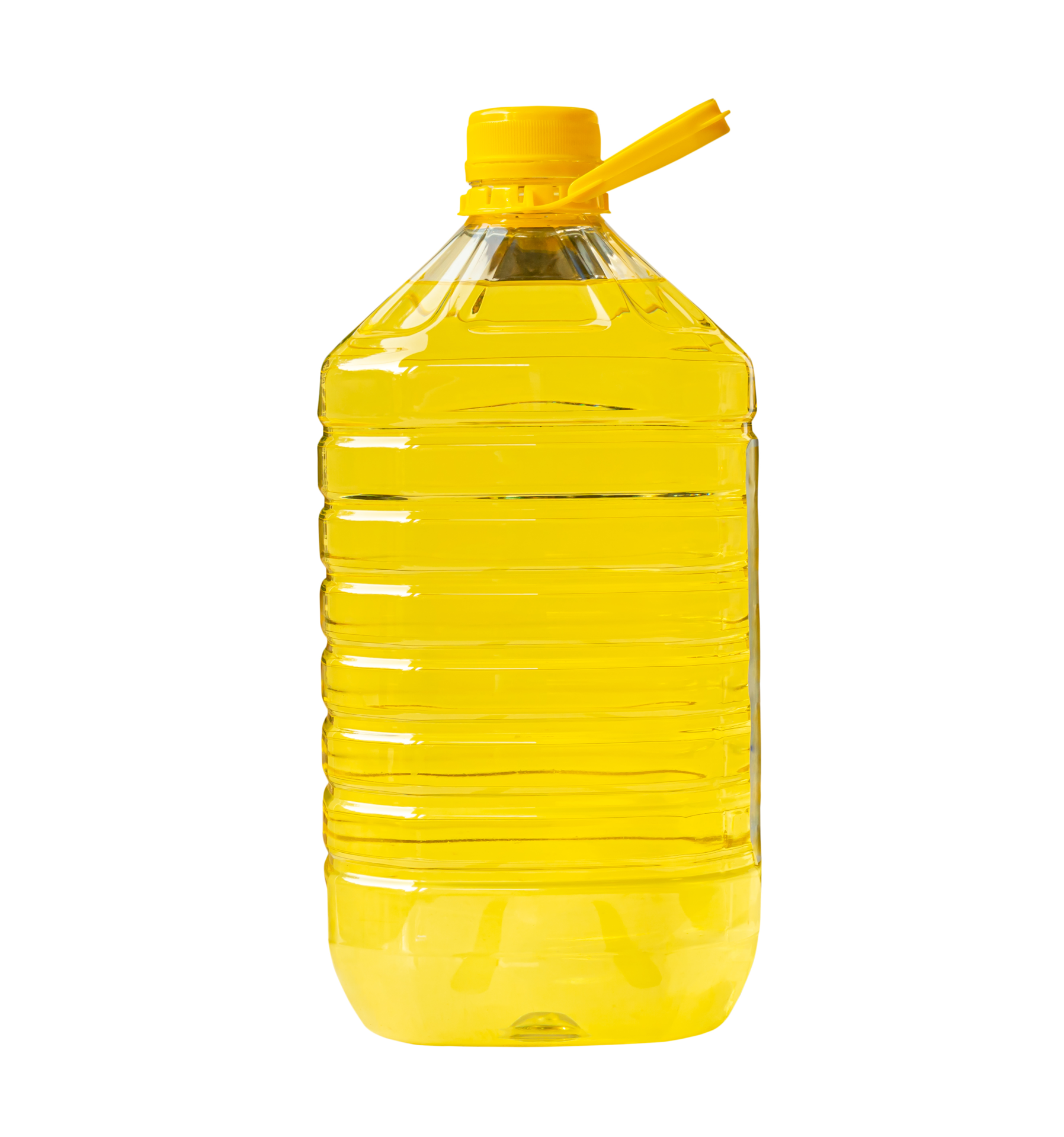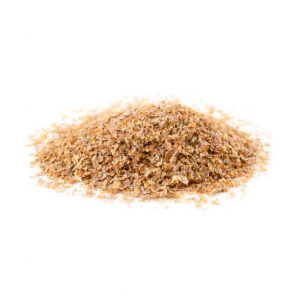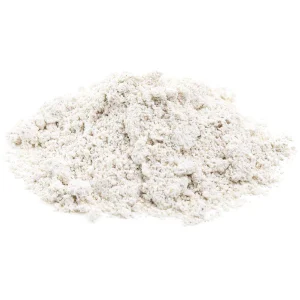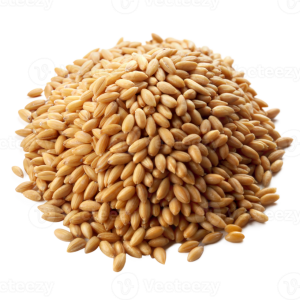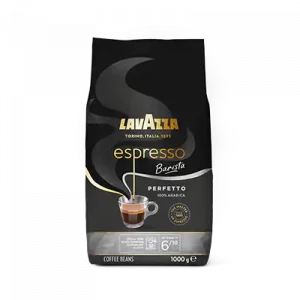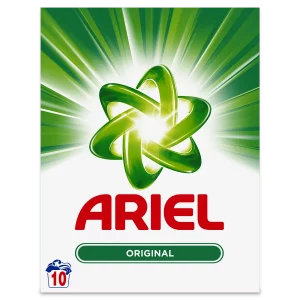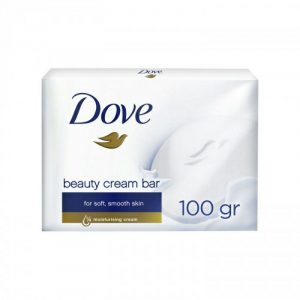sunflower oil. bulk sunflower oil. wholesale cooking oil. sunflower oil supplier. food industry oil supplier. bulk vegetable oil.
This is a non-volatile oil pressed from the seeds of sunflower.
It is commonly used in food as a frying oil, and in cosmetic formulations as an emollient.
This oil is primarily composed of linoleic acid, a polyunsaturated fat, and oleic acid, a monounsaturated fat.
Benefits of Sunflower Oil
It is rich in Vitamin A and Vitamin E which help in promoting skin health.
These vitamins act as antioxidants. They help in regenerating damaged skin cells and getting rid of the acne causing bacteria.
The oil is light and non-greasy and thus, it gets absorbed in the skin easily without blocking the pores

The process of refining sunflower oil involves several steps to remove impurities, unwanted substances, and improve its quality. Here is an overview of the refining process:
Degumming:
The crude sunflower oil is first treated with water, which helps in removing phosphatides (gums) present in the oil.
These impurities are separated, and the oil is then dried.
Neutralization:
In this stage, the oil is treated with an alkaline substance, such as sodium hydroxide, to neutralize free fatty acids.
This process helps in reducing acidity and removes additional impurities.
Bleaching:
The neutralized oil is then subjected to bleaching. Activated bleaching earth or clay is added to the oil to absorb color pigments, traces of metals, and other impurities. The mixture is heated and filtered to remove the bleaching agent along with impurities.
Deodorization:
Deodorization is carried out to remove any unpleasant odors or flavors from the oil.
The oil is heated under vacuum, and steam is passed through it to remove volatile compounds responsible for odors.
Dewaxing (Optional):
Dewaxing is an optional step, particularly for sunflower oil that might solidify at lower temperatures.
It involves chilling the oil to separate waxes, which are then removed.
Filtration:
After the refining processes, the oil undergoes filtration to remove any remaining impurities or particles.
This ensures the oil meets quality standards.
Quality Control:
The refined sunflower oil is subjected to quality control tests to ensure it meets the required specifications, including color, odor, taste, and chemical composition.
Packaging:
Once the refined sunflower oil passes quality control, it is packaged into containers suitable for storage and distribution.
It’s important to note that the refining process may vary slightly among different manufacturers, and some may incorporate additional steps based on their specific quality standards. The aim of refining is to produce a high-quality, clear, and stable sunflower oil for consumption.

